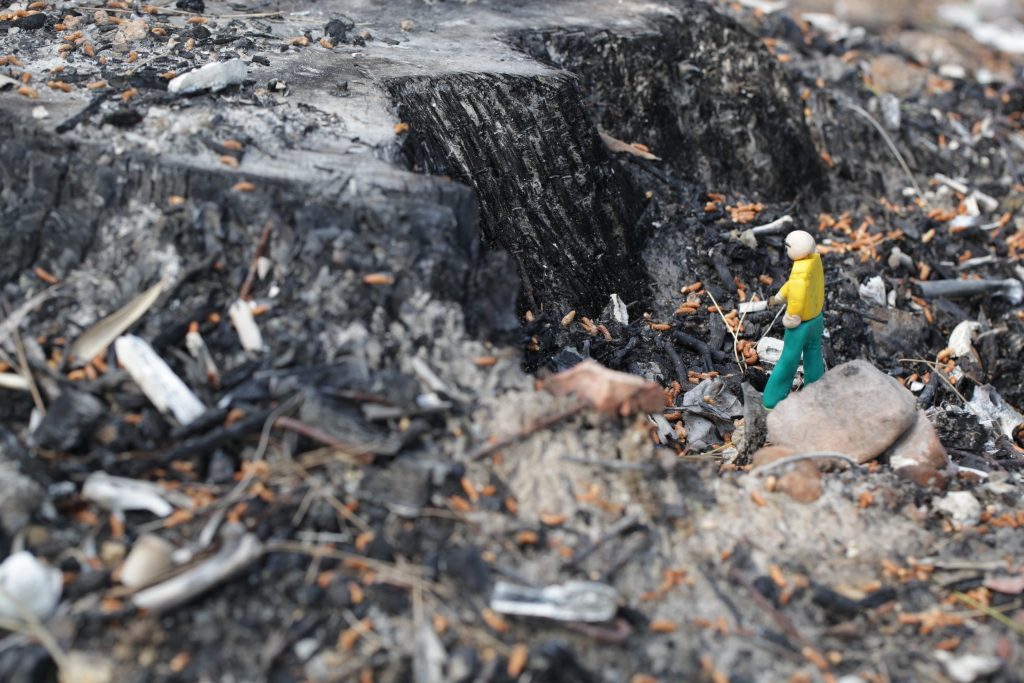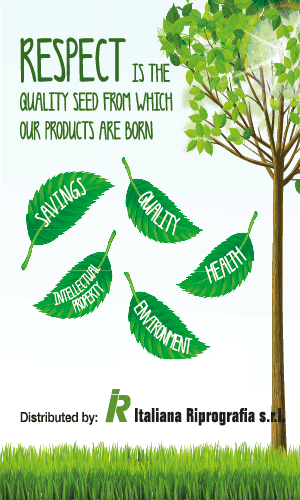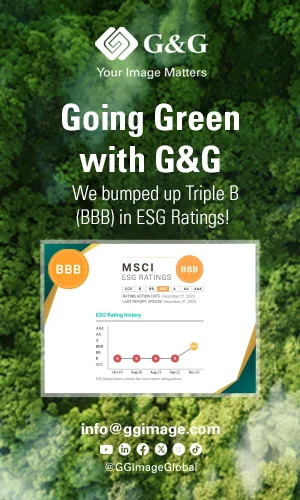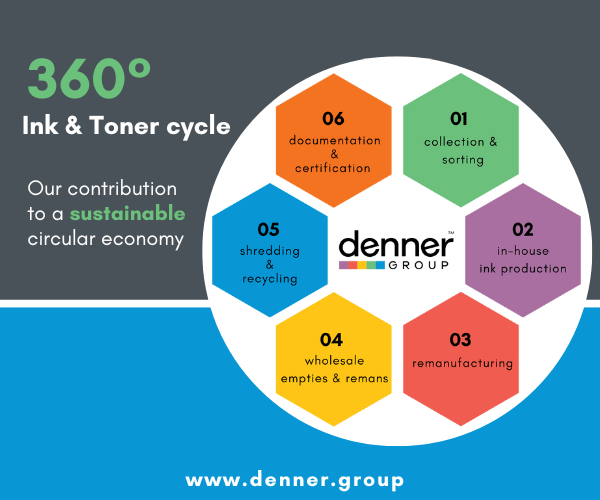Impact of the COVID crisis in printing
July 17, 2020
 Javier Martinez, Environmental Defender at Turbon Products talks to The Recycler about the potential environmental impacts of the COVID pandemic.
Javier Martinez, Environmental Defender at Turbon Products talks to The Recycler about the potential environmental impacts of the COVID pandemic.
The COVID-19 crisis has hit nearly all markets, and still, most of sectors and players wonder when we can return to “new normality”. In the printing sector, many changes have happened recently. Nevertheless, we do not know if they are here for the long run, and a clear example is Teleworking.
The lockdown precautions saw many people working from home, and the first question is: Will they all return to the offices?
More and more it looks as if the answer is no, and it seems clear that in the most devastated areas some /many will not come back to the office, at least on a daily basis. The house prices outside the big cities are popping up as many workers want to move away from traffic jams and highly crowded areas.
In this scenario, printing is subject to a change, and it might well mean less paper is used, and this can push further digitalization. However, moving away from paper may have “collateral damages”, something we also have learned about with COVID-19.
For example, statistics show a tremendous increase in eye problem (myopia) under the pandemic. For short documents that are not too difficult to understand, screen reading can be enough. Still, for more complex ones, it becomes more difficult and fatiguing. Other studies show that people that use paper to study and take hand notes, perform better than the ones only using screens.
And one may think yes but at the expense of the environment!
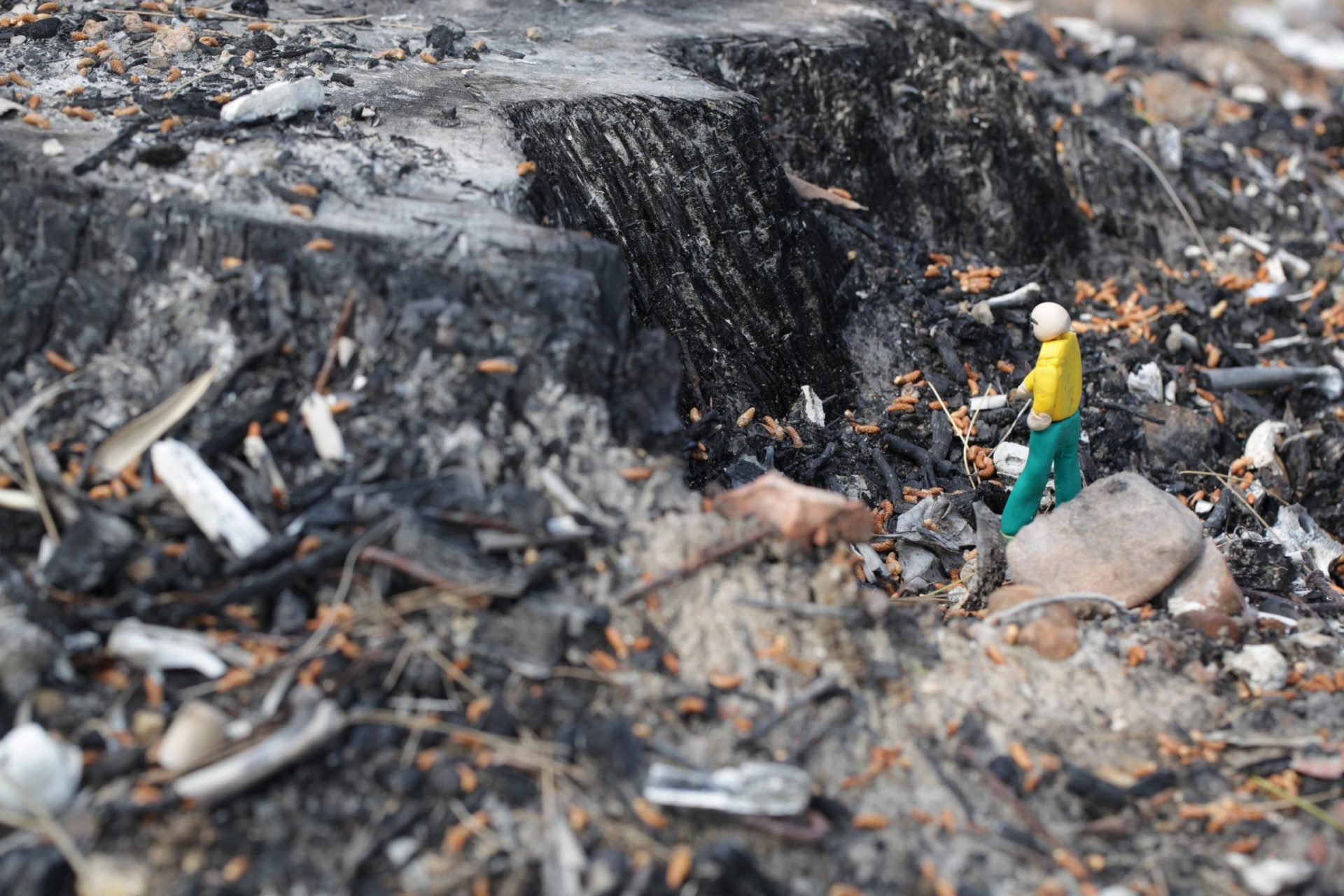 While this may be true, we are in a money-oriented economy, so if the forest does not produce, they are abandoned, except maybe in our National Parks.
While this may be true, we are in a money-oriented economy, so if the forest does not produce, they are abandoned, except maybe in our National Parks.
I can share with you the case of Spanish Mediterranean forest and especially in Mallorca and the Balearic Islands the fires that devastated this region. Time ago, the forest was well kept due to a balance between charcoal producers and cattle owners. Charcoal producers cleaned the bushes and the underwood so that the cattle were able to enter, and the grass grew.
As charcoal production was abandoned early in the last century, the charcoal jobs disappeared. This altered the balance and cattle owners were impacted as more and more as the herd could not enter the forest to feed. At the same time paths and access ways to the forest became denser and more impracticable.
What happened then has had a devastating impact on, for example, the Balearic Islands landscape. The only way to “clean” the forest, according to cattlemen and landowners was by burning it. But fires were way more challenging to control than previously due to accumulation of biomass and lack of access to the fire front and attack points.
While the fire is part of the Mediterranean environment, the forest will recover naturally. This is not the case when the fires are not natural and happen too often, as the “Seed bank” in the land disappears. Rain causes soil erosion, and with it, the forest will need centuries to re-build and the soil to recover. So can we be 100% sure that the disappearance of paper will have a positive impact on the environment? For me, the answer is no, though it will differ from one area to another.
Unfortunately, and although forestry is vital for fixing CO2 emissions, producing oxygen, filtering water and produce landscape, these are “externalizations” meaning nobody pays for them. Experience says a positive environmental impact will depend on having another “Monetary destination” for wood. On places were this will not happen; the forest will be abandoned.
The impact on paper and the move of printing away from the office to the home will be done through more expensive, less efficient and more polluting devices.
That means that the WEEE generation will increase as the print previously done in the office using very efficient long-lasting devices will move to SOHO devices. In this situation, the printed page average price is more likely to rise. Because, as we all know well, there is different pricing between professional machines to home ones. So while we may well print fewer pages, we will generate more waste and at a higher cost.
Collection of WEEE will also be more difficult and expensive as collecting from offices is more effective and precise. In the home environment, there is a higher concern that cartridges will not be placed in a proper waste flow and end up mixed with other waste (Of different types).
Finally, very low oil prices are impacting the plastic recovery. As the price of recycled plastic has fallen, it is no longer profitable and is more at risk.
There is, of course, one clear solution; reuse is better than recycle.
Categories : World Focus
Tags : COVID-19 Environment Impact Turbon




